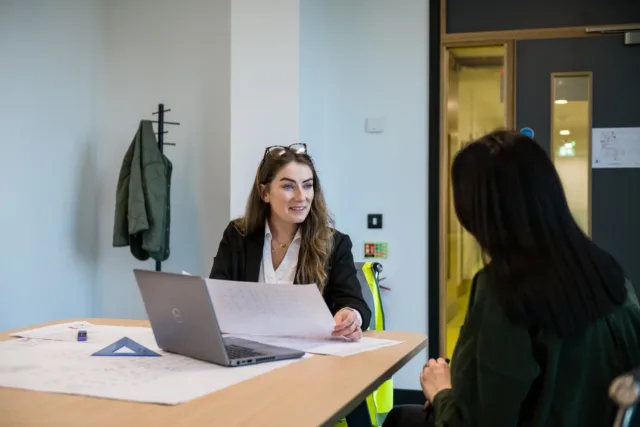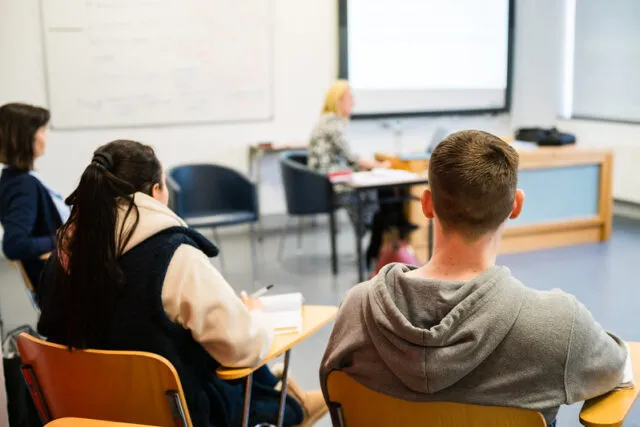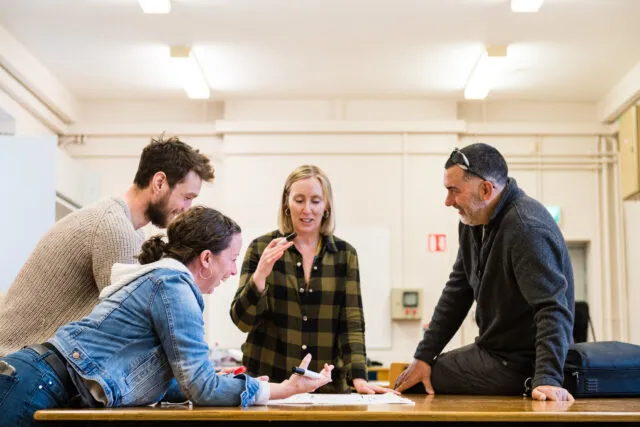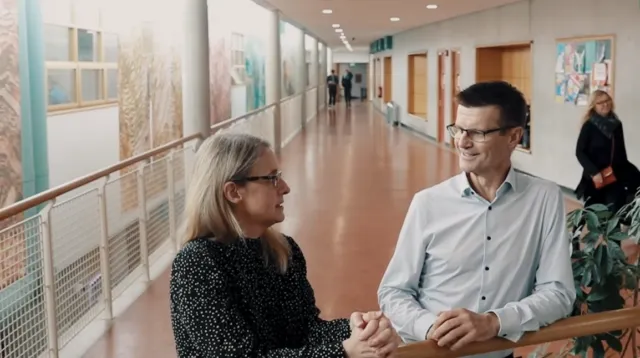Courses

Recognition of Prior Learning
Count yourself in, because at ATU all of your learning counts

What is Recognition of Prior Learning?
Learning happens everywhere not only through formal education, but also through experience in work, volunteering, and involvement in sporting or community groups. ATU recognises this and gives it value through a process known as Recognition of Prior Learning, or RPL.
The RPL process allows prior learning to be identified, assessed, and recognised by ATU as part of its programmes, courses, and/or modules on the National Framework of Qualifications (NFQ). RPL makes it possible for a person to build on the learning they’ve achieved and to be rewarded for it,
for example in the form of access to a programme or exemption/credit on a module(s) in a programme. This eliminates duplication of learning, meaning you don’t have to relearn things you already know
RPL enabled me to create a customized learning pathway that acknowledged my existing skills to focus on areas of further development. This flexibility made education more accessible for me to enhance further learning. By recognizing prior learning, RPL can help me advance in my career/business by obtaining formal qualifications or certifications that are required for promotion or new job opportunities. – Martha Ryan – Higher Diploma in Food Business & Product Development.
Types of Learning

Formal Learning:
Takes place through programmes or courses of study that are delivered in an organised, formal way by education providers and that attract awards or credits. Formal learning is sometimes referred to as certified or accredited learning.
Non-Formal Learning:
Takes place alongside or outside the mainstream systems of education and training. It may be assessed but does not normally lead to formal certification. Examples of non-formal learning are planned learning and training activities undertaken in the workplace, voluntary sector, or in community-based settings.
Informal Learning:
Takes place through life and work experience. Typically, it does not lead to certification.
ATU Graduate, Paddy Rast, and his RPL Journey
You can use Recognition of Prior Learning for:
All programmes have entry criteria aligned with the National Framework of Qualifications. RPL may be used as an alternative means to satisfy entry criteria.
Advanced entry to a programme is where an applicant joins a programme in year 2, 3 or 4. An applicant will be considered for advanced entry following a process of assessment where they satisfactorily demonstrate they have learning equivalent to the overall learning of the previous stage(s).
A fundamental principle of Recognition of Prior Learning is that one should not have to relearn something previously learned. It may be reasonable for a registered student to apply for an exemption for a module(s) on evidencing prior certified or experiential learning.
The Stages of the RPL Process
Information
During this stage, the learner obtains accessible, user- friendly information about what is possible
and how the RPL process works.
Identification
During this stage, the learner explores their prior learning (e.g. in relation to a programme’s entry
requirements or the learning outcomes of a module) with a view to making an application for
formal recognition. The RPL team will provide guidance to applicants during this stage.
Documentation
This stage makes visible the individual’s learning in the context of their application. For the learner,
this involves a reflective process and gathering relevant materials to substantiate their application.
Generally learners will document their prior learning in a portfolio of evidence. The RPL team will
support applicants during this stage.
Assessment
The learner’s prior learning is assessed. A range of assessment mechanisms may be used (e.g.
portfolios, interviews, essays, examinations, etc.). This stage must be appropriate to the
application and fit for purpose. Depending on the outcome of the assessment process, the learner
proceeds to receive either certification or further information.
Certification
If the prior learning assessment is successful, the learner will receive formal recognition (i.e.acknowledgement), which will lead to one or more of the following outcomes:
- Entry to a programme
- Advanced entry to a programme
- Credit towards an award or exemption from some programme module
RPL for Enterprise
RPL can help employers and higher education institutions tailor education and training more effectively for employees, e.g. by ensuring that it is at the most appropriate level of the NFQ and that it takes account of the significant (and sometimes invisible) learning accumulated in the workplace. RPL is a useful resource for employers seeking to retain and nurture talent and for higher education institutions looking to create career-long relationships with enterprise partners and diversify the student population.15

Contact the RPL Team








